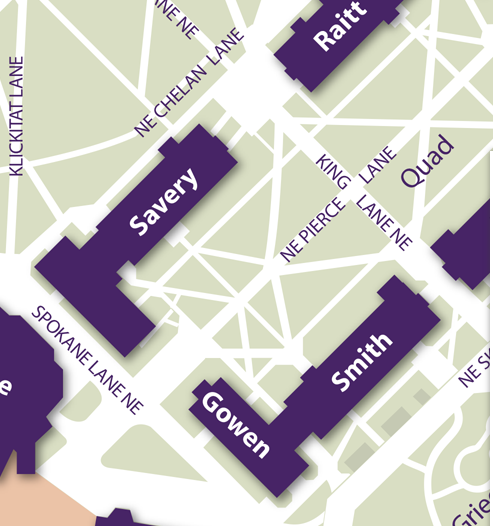Prerequisites
To do well in this course, you should ideally have maturity in both the mathematics of computer science and in the engineering of computer systems. This means that you should: have a good understanding of data structures and algorithms; be comfortable writing programs from scratch in C, Java, and a scripting language like Python or JavaScript; be comfortable writing and debugging assembly code; and be reasonably comfortable in a command-line Unix development environment (gdb, gcc, etc).
You should also have a good understanding of computer architecture, operating systems, and computer networks. It would also help to know a bit about programming languages and compilers. It would also be helpful to be comfortable with web technologies such as HTML and JavaScript. The formal prerequisites for CSE 484 are (CSE 326 or CSE 332) and (CSE 351 or CSE 378).
Don't panic
Do not be scared if the list above seems a bit daunting: it is not likely that many of the enrolled students will have the "perfect" background in all of these topics.
If you are missing a few of these skills, you should be able to learn them quickly, possibly with the assistance of our helpful TAs.
You will need to learn things as you encounter them; this is a feature, not a bug. Most importantly, you should be eager to challenge yourself and learn!
Reading
This year, there will be only one required textbook for this course: Foundations of Security, Daswani, Kern, and Kesavan, ISBN 1-59059-784-2. This book should be available from the University bookstore and other retailers.
Note, however, that there will be other handouts and supplementary reading materials that will be posted on the class schedule. You will need to read these before each class. These articles will often have a research focus, which frequently means that you will need to spend more some time on each, perhaps marking them up as you read. Please refer to these helpful guides on how to read research papers critically:
link-1,
link-2,
link-3.
Through these readings, you will be exposed to some topics that are "off the beaten path" and get more exposure to bleeding-edge research in computer security. We will also have some number of guest lectures throughout the course, to give you a different perspective on the topics we cover, often with a research focus.
Summary videos:
As part of your class participation grade, you will be required to create summary videos that will be given at the top of the class. The goal of these is to summarize assigned papers for each class. Note that these are recorded videos. In other words, you are not going to be giving a talk, but we will play your videos at the top of the class.
Here are some examples of short 1-minute videos from the most recent Usenix Security conference. The links below are here to give you a broad range ideas on some of the different ways present research material and also provide some artistic inspiration for you. note that these are 1-minute movies. We expect class movies to be about 3-4 minutes long.
Even if you don't know or fully understand the underlying material, you will see that there is a lot of variation in terms of the visual style as well as whether you use voice-over as opposed to text. We encourage you to experiment! Talk to your friends at the art department, figure out how to use the latest tool for video production or cool modern presentation tools like Prezi, OfficeMix, or Videoscribe. Please visit their sites to learn about each individual tool and see which one(s) you like. You can use other tools or none at all.
You will be expected to create these videos and upload them to a drop site before the beginning of each class. Summary videos should be created in groups of two, with names of both participants clearly indicated on the first slide/image.
